Valve aren't just rolling out more experimental features in the Steam Lab, they're also taking a stab at improving how Steam recommends games to you with some adjustments now live.
In the developer-focused blog post on Steam, the "Store Discovery Update" is out with what they say are "several algorithmic changes and bug fixes" in an effort to be more "precise" and "diverse" in what users see in the Recommendation Feed, More Like This and Recommended for You store sections. If you don't know them, it's these bits:
One of the main problems seemed to be the most popular games driving these sections, Valve claims this happened with the "Similar by Tags" section and it was a bug they've since fixed. There's lots of other little bug fixes and changes done, which has also resulted in the "Recommended for You" section also now being less biased towards the most popular titles.
It seems they ran a bit of an experiment with around 5% of users sneakily being tested. As a result of those tests, Valve decided it was working a lot better. They showed the below chart which shows how big the difference was with their tweaks and bug fixes for the "Recommended For You" section:
So a 75% increase in the total number of unique games visited, plus a 48% increase in the average visits per game. Pretty great odds that.
Valve also said they saw more purchases and wishlisting being done from places driven by Tags, like the "More Like This" section as a result of them now showing a better selection.
Hopefully now, the same games won't appear all the time that I simply don't click on. It will be interesting to see what developers say about this when it's been live for a few weeks, as our Twitter feed is constantly full of game developers talking about how Steam hits and revenue is down constantly.
If Valve is actually paying attention I'd love more technical filters.. As it stands now you can't for example filter by required hardware or game engine.I imagine that's because Valve likely don't store such data in categories to select, given how varied the system requirements are like people being able to note "CPU: Potato" for example.
Code may not be there but their datamodel has to have it else they wouldn't be able to display it at all (hardware requirements). The Engine should be doable too for data served via steam.Not if its just plain text, I've seen all kinds of dumb things in system requirements so it's likely just storing whatever developers write.
Last edited by Liam Dawe on 12 Sep 2019 at 10:34 pm UTC
The results were very promising: we saw a 75% increase in the number of unique games visited, and a 48% increase in the average visits per game
the bar doesnt show anything and without any labels other than +75% we dont know what to make of it
However, the engine filter is a neat idea.
I don't understand why? Would you buy (or not buy) a game based on what engine it's built on? If so, why? There's poor performance and badly designed games being made on all engines... And vice versa?
the bar doesnt show anything and without any labels other than +75% we dont know what to make of it
Well, I do. What's missing in your opinion and what would you make of it?
I'm not sure either how it was confusing. It was a pretty self explanatory chart given what it's all talking about. Either way I added a bit below it so it's 110% clear.the bar doesnt show anything and without any labels other than +75% we dont know what to make of it
Well, I do. What's missing in your opinion and what would you make of it?
However, the engine filter is a neat idea.
I don't understand why? Would you buy (or not buy) a game based on what engine it's built on? If so, why? There's poor performance and badly designed games being made on all engines... And vice versa?
Some engines run like crap on Linux/Proton and there's little the game developers can do about it. So, as a Linux consumer, I might want to filter those out.
Some engines run like crap on Linux/Proton and there's little the game developers can do about it. So, as a Linux consumer, I might want to filter those out.
Last edited by Eike on 13 Sep 2019 at 2:21 pm UTC
Some engines run like crap on Linux/Proton and there's little the game developers can do about it. So, as a Linux consumer, I might want to filter those out.That's not an engine, though, and you already can filter them out (might be subject to change when Proton leaves beta).
What's not an engine? I'm not sure how many of such games are on Steam but afaik games in VNMaker, which is quite new, don't run on Linux at all, as an example.
Well, I do. What's missing in your opinion and what would you make of it?
I'm not sure either how it was confusing.
i just said it was useless. there is no point in representing the +75% with an arbitrarily sized bar and nothing to compare it to . i can say 'today i ate 10 more pies than yesterday' and show you this

or i could show you this one

what do any of those really do for you ? or i could just show you nothing and you still know that i ate 10 more pies than yesterday.
Some engines run like crap on Linux/Proton and there's little the game developers can do about it. So, as a Linux consumer, I might want to filter those out.That's not an engine, though, and you already can filter them out (might be subject to change when Proton leaves beta).
What's not an engine? I'm not sure how many of such games are on Steam but afaik games in VNMaker, which is quite new, don't run on Linux at all, as an example.
My fault. Thought you were taking about Proton
Some engines run like crap on Linux/ProtonExamples?
Last edited by dilly on 14 Sep 2019 at 12:48 pm UTC
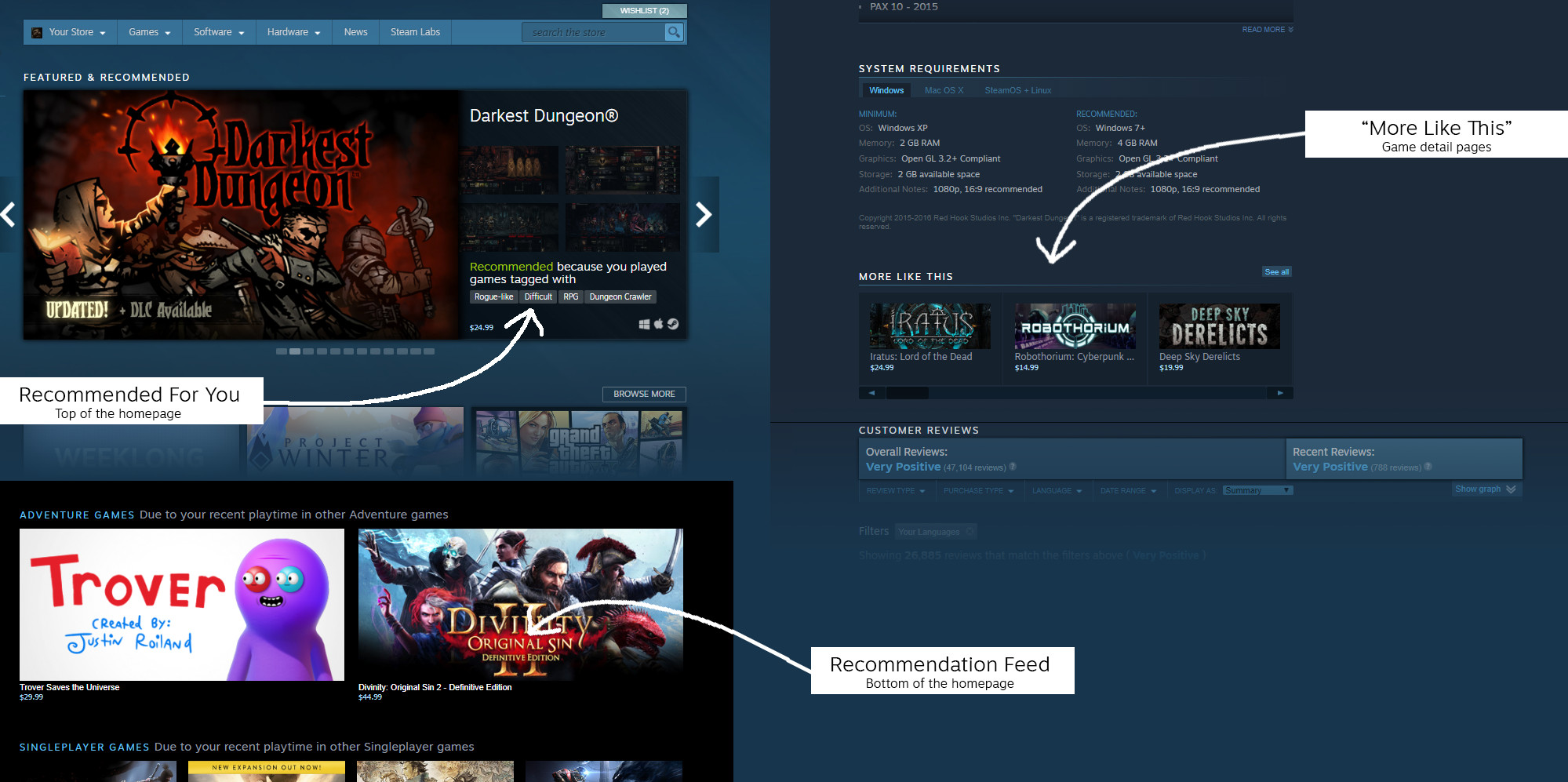
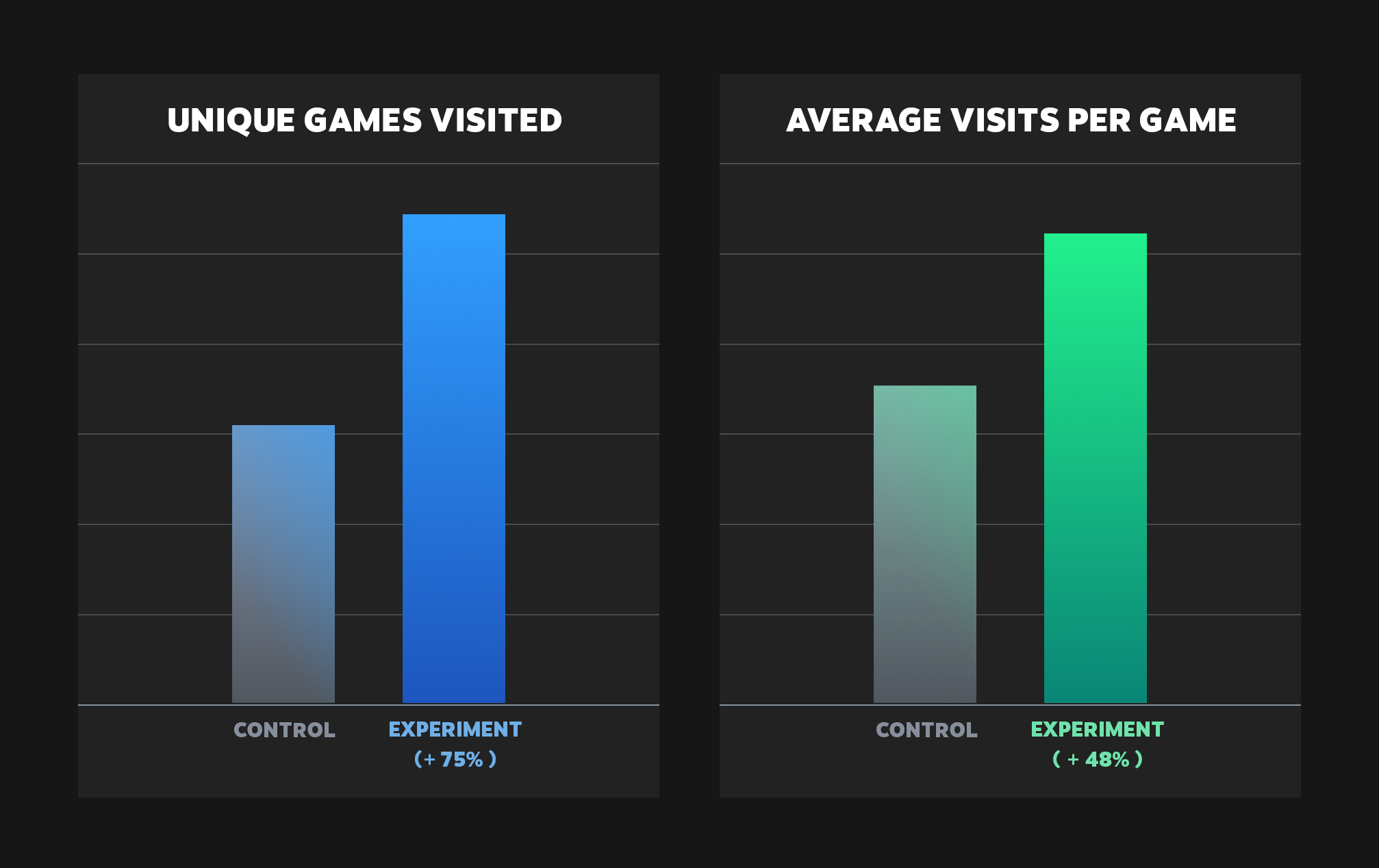
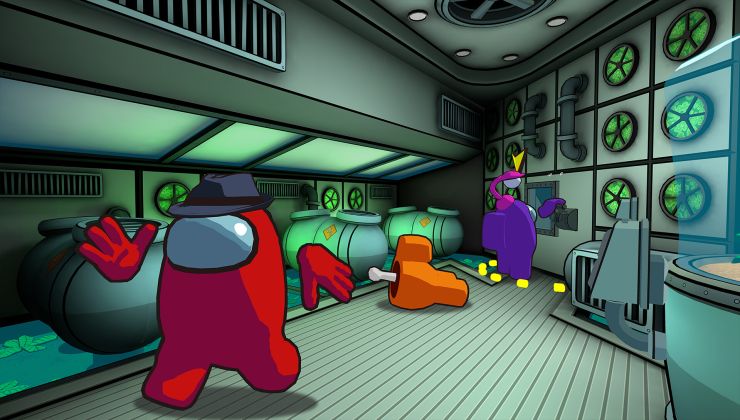

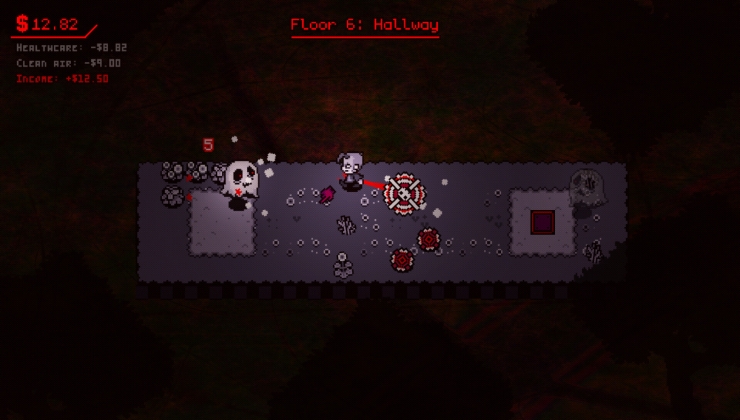
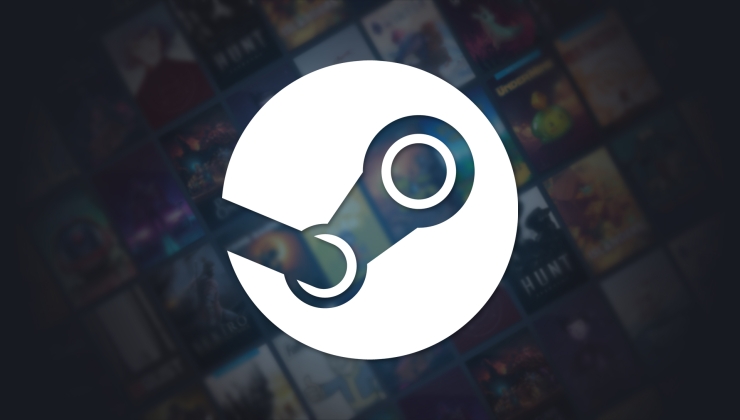









 How to set, change and reset your SteamOS / Steam Deck desktop sudo password
How to set, change and reset your SteamOS / Steam Deck desktop sudo password How to set up Decky Loader on Steam Deck / SteamOS for easy plugins
How to set up Decky Loader on Steam Deck / SteamOS for easy plugins
See more from me